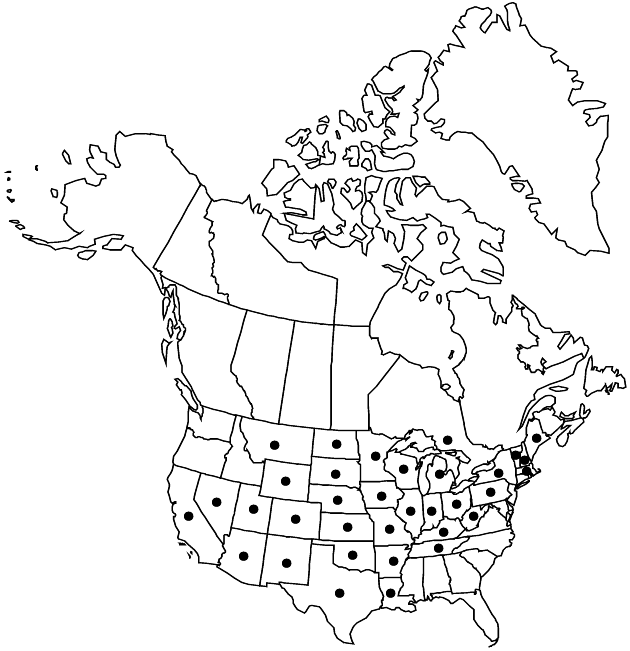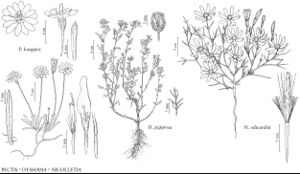Difference between revisions of "Dyssodia papposa"
Trans. Acad. Sci. St. Louis 5: 503. 1891.
FNA>Volume Importer |
FNA>Volume Importer |
||
| Line 8: | Line 8: | ||
}} | }} | ||
|common_names=Dogweed | |common_names=Dogweed | ||
| − | |basionyms={{Treatment/ID/ | + | |basionyms={{Treatment/ID/Basionym |
|name=Tagetes papposa | |name=Tagetes papposa | ||
|authority=Ventenant | |authority=Ventenant | ||
| + | |publication_title=Descr. Pl. Nouv., plate | ||
| + | |publication_place=36. 1801 | ||
}} | }} | ||
|synonyms= | |synonyms= | ||
| Line 51: | Line 53: | ||
|publication year=1891 | |publication year=1891 | ||
|special status= | |special status= | ||
| − | |source xml=https://jpend@bitbucket.org/aafc-mbb/fna-data-curation.git/src/ | + | |source xml=https://jpend@bitbucket.org/aafc-mbb/fna-data-curation.git/src/f6b125a955440c0872999024f038d74684f65921/coarse_grained_fna_xml/V19-20-21/V21_561.xml |
|tribe=Asteraceae tribe Heliantheae | |tribe=Asteraceae tribe Heliantheae | ||
|subtribe=Asteraceae (tribe Heliantheae) subtribe Pectidinae | |subtribe=Asteraceae (tribe Heliantheae) subtribe Pectidinae | ||
Revision as of 19:49, 24 September 2019
Leaves 15–50 × 10–40 mm overall, ultimate lobes (7–)11–15, 5–20 × 1–3 mm, glabrous or sparsely hairy, dotted with oil-glands. Peduncles 1–5(–10) mm. Involucres 6–10 mm. Phyllaries each bearing 1–7 oil-glands. Ray laminae 1.5–2.5 × 1–2 mm. Disc corollas ca. 3 mm. Cypselae3–3.5 mm; pappi 1–3 mm. 2n = 26.
Phenology: Flowering summer–fall.
Habitat: Grasslands, open woodlands, often ruderal, fields, along roadways
Elevation: 0–2000 m
Distribution

Ont., Ariz., Ark., Calif., Colo., Ill., Ind., Iowa, Kans., Ky., La., Maine, Mass., Mich., Minn., Mo., Mont., Nebr., Nev., N.H., N.Mex., N.Y., N.Dak., Ohio, Okla., Pa., S.Dak., Tenn., Tex., Utah, Vt., W.Va., Wis., Wyo., Mexico, Central America, introduced in South America.
Discussion
Records of Dyssodia papposa from Ontario and from California, Maine, Massachusetts, New Hampshire, New York, and Vermont evidently document local, probably ephemeral, introductions. In 1837, C. W. Short noted of D. papposa on a specimen label, “This plant is so abundant, and exhales an odor so unpleasant as to sicken the traveler over the western prairies of Illinois, in autumn.”
Selected References
None.
